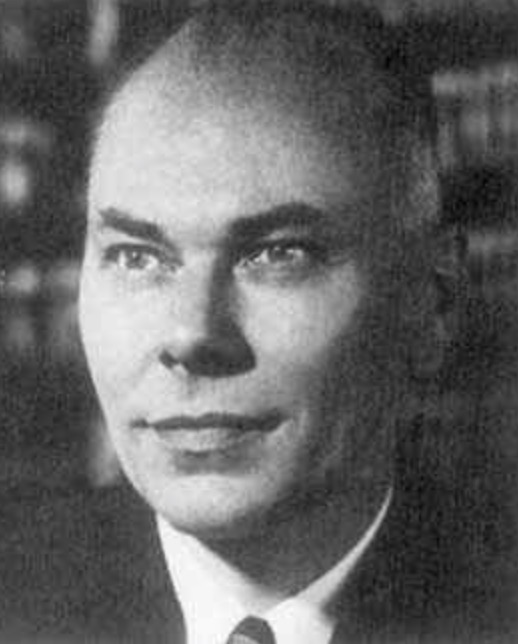
Howard Hathaway Aiken was born on March 9, 1900 in Hoboken, New Jersey, USA.–the only child of an alcoholic father and an abused mother. When he was about 14 years old, a domestic dispute erupted and Aiken defended his mother by chasing his drunken father out of the house with a hot poker hastily extracted from the fireplace. Though he had just completed the eighth grade, Howard had to leave school to support himself, his mother, and her elderly parents.
During the months that followed, he attempted to continue his high school education through correspondence courses, and teachers soon recognized his high intelligence–in particular, his talent in mathematics. Arrangements were made for him to attend school during the day and work at night to earn an income, managing on a few hours sleep each night.
At the age of 18, Howard graduated from high school and was given a job as a nighttime telephone operator at the Madison Gas and Electric Company in Wisconsin, enabling him to enrol in electrical engineering at the University of Wisconsin. By a circuitous route from engineering into physics and then mathematics, Howard finally made it to Harvard where he graduated with a masters degree in physics at the age of 37. Attempts to solve differential equations using approximation techniques led him into the design of computers, building on some of Babbage’s ideas. Aiken, along with three engineers developed the ASCC computer (Automatic Sequence Controlled Calculator) that could perform arithmetic operations, albeit at a glacially slow speed compared to present-day machines. However, Aiken’s contribution was a significant advance, earning him a prominent place among the important pioneers in computer development.
As a man with original ideas that were often met with skepticism, Howard Aiken once commented, “Don’t worry about people stealing your ideas. If your ideas are any good, you’ll have to ram them down people’s throats.”
